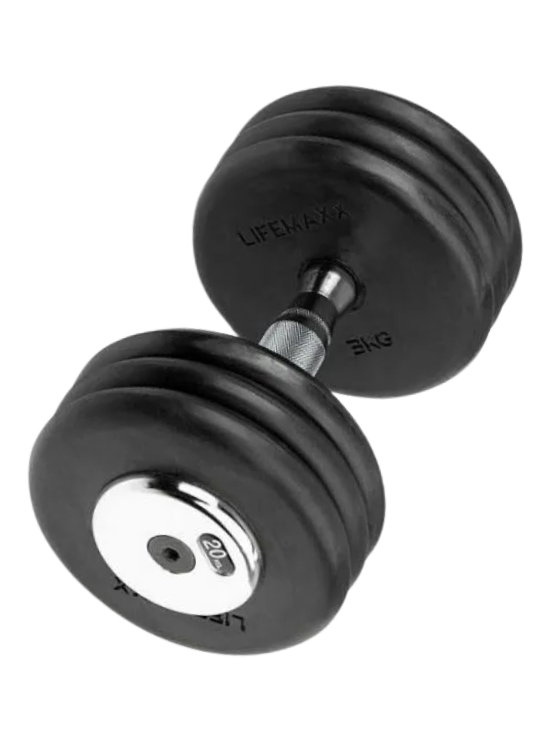Our Course
NUTRITION CERTIFICATION
Nutrition Course
This certification is provided by FIT INDIA ACADEMY.
Rs.14,999/- Excluding Taxes
Swipe Left ←
| Sl No | NUTRITION CONTENT | weekdays | weekends |
|---|---|---|---|
| 1 | Introduction Of Nutrition | 1 Day / 3 Hours | 1 Day / 4 Hours |
| 2 | Carbohydrates | 1 Day / 3 Hours | 1 Day / 4 Hours |
| 3 | Protein | 1 Day / 3 Hours | 1 Day / 4 Hours |
| 4 | Fats | 1 Day / 3 Hours | 1 Day / 4 Hours |
| 5 | Vitamins | 1 Day / 3 Hours | 1 Day / 4 Hours |
| 6 | Minerals | 1 Day / 3 Hours | 1 Day / 4 Hours |
| 7 | Water & Electrolytes | 1 Day / 3 Hours | 1 Day / 4 Hours |
| 8 | Recommended dietary allowance | 1 Day / 3 Hours | 1 Day / 4 Hours |
| 9 | Basic physiology of digestion and absorption | 1 Day / 3 Hours | 1 Day / 4 Hours |
| 10 | Integrated training | 1 Day / 3 Hours | 1 Day / 4 Hours |
| 11 | Body composition | 1 Day / 3 Hours | 1 Day / 4 Hours |
| 12 | Circadian rhythm | 1 Day / 3 Hours | 1 Day / 4 Hours |
| 13 | Hormones / digestion | 1 Day / 3 Hours | 1 Day / 4 Hours |
| 14 | Supplements | 1 Day / 3 Hours | 1 Day / 4 Hours |
| 15 | Diet planning | 1 Day / 3 Hours | 1 Day / 4 Hours |
| 16 | Diet exercise and diseases | 1 Day / 3 Hours | 1 Day / 4 Hours |
| 17 | Stress and wellness | 1 Day / 3 Hours | 1 Day / 4 Hours |
| 18 | Psychology of weight control and behavior change | 1 Day / 3 Hours | 1 Day / 4 Hours |
| 19 | Myths and facts | 1 Day / 3 Hours | 1 Day / 4 Hours |
| 20 | Food safety | 1 Day / 3 Hours | 1 Day / 4 Hours |
| Total: | 20 Day / 60 Hours | 16 Day / 64 Hours |
- Certification Name : CERTIFIED PERSONAL TRAINER
- License : yes
- License validity: 2 years
- Course Duration : Weekday classes – 1 month Weekend classes – 2 months
- Weekdays: Monday, Tuesday, Wednesday, Thursday, Friday.
- Weekends: Saturday & Sunday
Internship – 12 sessions CPR-AED – 1 day session (fees extra)
Examinations & Assignments-
1. Regular Internal tests and assignments
2. Final- Theory & Practical + Viva at the end of the course
3. CPR-AED certification compulsory before final exam
Class Location :
- Theory: Iconic Fitness 7th Block Koramangala
- Practical: Iconic Fitness 7th Block Koramangala
TOPICS COVERED
Macronutrients
Study about Carbohydrates, fat and protein Macronutrients are the nutritive components of food that the body needs for energy and to maintain the body’s structure and systems. They’re needed in relatively larger amounts than other nutrients, hence the term “macro.” Although there are recommended ranges for macronutrient intake, your needs vary based on your personal circumstances.
Micronutrients
Study about the micronutrients often referred to as vitamins and minerals, are vital to healthy development, disease prevention, and wellbeing. Vitamins and minerals needed by the body in very small amounts. However, their impact on a body’s health are critical, and deficiency in any of them can cause severe and even life-threatening conditions.
Recommended dietary allowance
Recommended Dietary Allowance (RDA): Average daily level of intake sufficient to meet the nutrient requirements of nearly all (97–98%) healthy individuals; often used to plan nutritionally adequate diets for individuals.
Basic physiology of digestion and absorption
What is the physiology of digestion and absorption?
Digestion is the process of mechanically and enzymatically breaking down food into substances for absorption into the bloodstream. The food contains three macronutrients that require digestion before they can be absorbed: fats, carbohydrates, and proteins
Body composition
With respect to health and fitness, body composition is used to describe the percentages of fat, bone and muscle in human bodies. The body fat percentage is of most interest because it can be very helpful in assessing health.
Circadian rhythm
Circadian rhythms are physical, mental, and behavioral changes that follow a 24-hour cycle. These natural processes respond primarily to light and dark and affect most living things, including animals, plants, and microbes.
Supplements
Nutritional supplements enhance your regular diet to ensure a healthy supply of nutrients. They contain vitamins and minerals that help you feel better, look better, and even sleep better. Nutritional imbalances can cause symptoms you didn’t even realize were because of a vitamin or mineral deficiency.
Diet planning
Planning diets refers to determining what usual nutrient intake should be. Regardless of whether one is planning diets for individuals or groups, the goal is to have diets that are nutritionally adequate, or conversely, to ensure that the probability of nutrient inadequacy or excess is acceptably low.
Stress and wellness
At times, stress can have a negative effect on the basic dimensions of mental health (your thoughts, emotions, behaviors and body reactions). Stress may affect your health if you use unhealthy behaviours to cope. The negative effects of stress on your wellness can become a source of stress in and of themselves.
Food safety
Four Steps to Food Safety: Clean, Separate, Cook, Chill. Four Steps to Food Safety. Following four simple steps at home—Clean, Separate, Cook, and Chill—can help protect you and your loved ones from food poisoning.
Syllabus
1. Introduction to nutrition
2. Carbohydrates
3. Proteins
4. Fats
5. Vitamins
6. Minerals
7. Water & electrolytes
8. Recommended dietary allowance
9. Basic physiology of digestion and absorption
10. Body composition
11. Circadian rhythm
12. Hormones/digestion
13. Supplements
15. Diet, exercise and diseases
17. Stress and wellness
18. Psychology of weight control and behavior change
19. Myths and facts
20. Food safety


